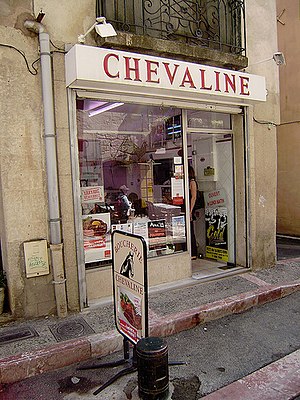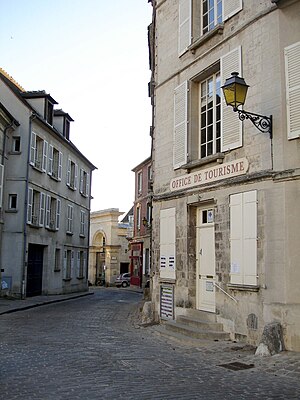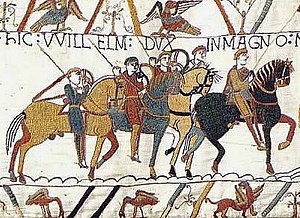Heading south from Fontainebleau on the N7, we settle into the mindset required to endure a long drive before we will allow ourselves to stop for the night. We sit in companionable silence, which is welcome after the non-stop background music in Disneyland the day before. Laura, exhausted by her 12-hour day there, dozes behind us.
We’ve chosen the non-motorway route for most of our French tour, not only to avoid the cost of the peage (toll road) that is the faster option to Provence. We actively enjoy driving through the quiet towns and sleepy villages that punctuate long rural roads. Passing through farmland and forest, we occasionally exchange observations about little oddities that we spot along the way. But when Laura awakes to demand a toilet stop, a longer discussion begins.
“Why are those two girls just sitting by the side of the road?” asks Gordon as we pull into one of the many convenient lay-bys.
I frown.
“Hitch-hikers, I expect.”
Knowing Gordon, he’ll want to pick them up. He’s a soft touch for hitch-hikers, having used hitch-hiking as his main means of transport in his teens. I realise that for two girls who are not much more than teenagers themselves, a family in a camper van will be preferable to a lorry. Comfy seats, lots of space, a cute child to play with and probably the offer of tea and biscuits somewhere along the way. We’ve rescued similar pairs of passengers from torrential rain when touring Scotland and I resign myself to a noisier journey from here on.
But to my surprise, the two girls barely glance in our direction. Instead, they gaze dully at the oncoming traffic. I feel rejected.
“Probably on the game,” I remark, meaning to be funny, but in a sour grapes tone of voice.
Then a small French car pulls up in front of us, driven by a lone man. Is their driver going to offer them a lift? The car obscures my view of the girls. As our van is English, Gordon has a clearer view of the kerb from the driver’s seat.
“No, I think he’s just gone for a pee,” he says, guessing my thoughts.
Laura is back in her seat by now and as we pull out to continue our journey, Gordon glances in his wing mirror.
“There’s only one girl there now.”
We continue in silence, soon passing another of this road’s generous supply of lay-bys. There’s also a girl on her own at this one, but in a small car this time, parked at right angles to the road. She’s sitting in the driving seat, on the left of the car, so that no passing motorist can fail to notice she’s on her own. I’m surprised at this: if I ever have to sit in a lay-by alone, for safety’s sake I do everything to I can to make it seem that I’m accompanied by a man. Moving over to the passenger seat is meant to be the best safety precaution. Potential muggers and rapists will then assume you’re just waiting for your husband to come back from answering a call of nature. Don’t they have any personal safety public information films in this country, I wonder?
By the time we reach the next lay-by, we’re engaged in an earnest census of the population of lone females. Here we spot not one but two white transit vans, each at right angles to the road, and each with a solitary girl in the driver’s seat. In one van, attached to the driver’s head restraint is one of those large inflatable bath pillows that you can get in the shape of a pair of red lips. With a start, I realise this may be a form of code.
“So what do you think?” asks Gordon, as we pass it by.
I hesitate, considering, not wanting to believe what is uppermost in my mind.
“I think my earlier assessment was correct,” I reply slowly. “They’re on the game.”
There’s a moment of synchronised jaw-dropping before I ask in a small voice: “I wonder what the French is for lay-by?”





